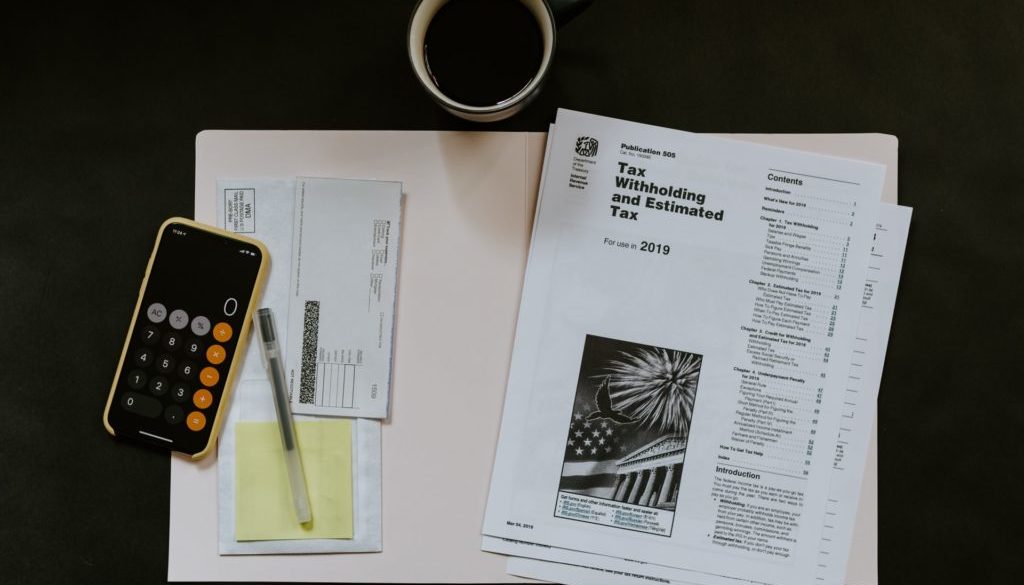Protect Your Small Business’ Bottom Line with These 12 Basic Budgeting Tips

By their very nature, small businesses often have modest budgets to work with. And while a ton of small business owners are incredibly talented at maximizing the impact of every dollar at their disposal, it’s still vital for them to keep a precise and well-maintained budget.
And while this is often easier said than done, it doesn’t have to be the most difficult part of your workday. That’s why we’ve compiled a list of 12 budgeting tips for small businesses.
1. Have a Formalized Budget System
This may seem like 101 stuff, but you’d be surprised how many small business owners just wing it when it comes to their budgets. Whether it’s something as simple as a spreadsheet or as involved as a budgeting software like QuickBooks, Mint, or Quicken, make sure you’ve got a real system in place.
2. Understand Your Spending Habits
It’s not always easy to be unbiased when it comes to addressing our own professional spending habits. Many of us are not as frugal as we like to believe. Whether it’s that we love taking clients or staff out for lunch (or cocktails) or that we overspend on tools and tech, the most important thing is that we’re honest with ourselves about where and how we spend our money.

3. Remember the Ripple Effect of Expenses
Once you’ve got a budget set up, remember to consider the “ripple effect” caused by changing single line items. For example, hiring an employee will likely have impacts throughout your budget, such as in payroll taxes and onboarding costs. Remember to adjust those accordingly.
4. Keep an Eye on Labor and Time Costs
Speaking of employees, if you have hourly-paid employees or work with contractors, be sure to keep a close eye on their time to ensure it looks realistic compared to the requirements of the job.
5. Ensure You’ve Got Dedicated Business Accounts
One easy mistake to make when you start out is neglecting to have dedicated business accounts. Sometimes, when you’re getting started, you simply funnel all of your income and expenses through your personal accounts. But this is risky: not only does it make it more difficult to track business transactions when they’re mixed in with personal items, if you ever get audited your best bet is to have a clear and understandable tally of it all.

6. Be Mindful of Taxes
Let’s be real: nobody likes paying taxes. But as a sole proprietor or a small business owner, staying on top of your taxes can save you literal years of headaches and interest. Make sure you’re familiar with the tax requirements for your type of business as well as in your respective state. Being educated is your biggest asset.
7. Cover All Expense Categories in Your Budget
As a generality, your business expenses will fall into three categories:
- Fixed costs: Things that are consistent, month over month, like leases, utilities, and insurance.
- Variable costs: Expenses that may fluctuate in costs, like transportation, advertising, legal fees, and contractor wages.
- One-time expenses: Items or services you only need to purchase once, such as equipment or relocation.
It’s important to ensure you’re tracking them all closely.

8. Be Proactive in Finding Costs to Cut
Speaking of expense categories, it’s always wise to be in search of costs to cut. This could be eliminating unnecessary variable costs or reducing your fixed costs. While it’s not always possible, frugality is wise for small businesses, so keeping an eye out for opportunities to reduce expenditures never hurts.
For example, you could save costs on an office space by opting to work at a coworking space. Whether you get your own private office or a dedicated desk, it’ll certainly be more cost-effective than renting a full office suite. And on top of that, you’ll benefit from economies of scale when it comes to things like WiFi, hardware, electricity, furniture, and more.
9. Make Your Budget a Living, Breathing Thing
Your budget shouldn’t be a set-it-and-forget-it situation. You don’t have to update it daily, but it also shouldn’t be an annual occurrence either. Take some time each month to review and update your budget. To create accountability, block time in your calendar each month for a budget reconciliation.
10. Don’t Base Your Budgets on Best Case Scenarios
Basing your budget on a best case scenario is an easy trap to fall into. For example, budgeting based on your absolute highest possible revenue projections or the lowest imaginable expense costs. This is a mistake: expenses have a tendency to run higher than anticipated and you simply never know when your business might hit a speedbump. It’s always better to be cautious.

11. Make Sure to Account for Reinvesting in Your Business
One of the best possible outlays of money is a reinvestment in your own business. This could be skills development or marketing–whatever it is your business needs to grow. The best spends will be the ones that lead back to more revenue coming into your business. Never shy away from those.
12. Build in a Contingency Fund
If 2020 and 2021 have taught us anything, it’s that you simply can’t predict what might happen in the world that could impact your business. So, always make sure to stash away a contingency fund in case of turbulent times. You may find yourself glad that you did.
A well-managed budget can be a game-changer for a small business. So, make sure that yours is organized, concise, and on point.
Want to learn how coworking spaces can be a cost-effective office solution for your small business? Just get in touch today and we’d be happy to have you!



